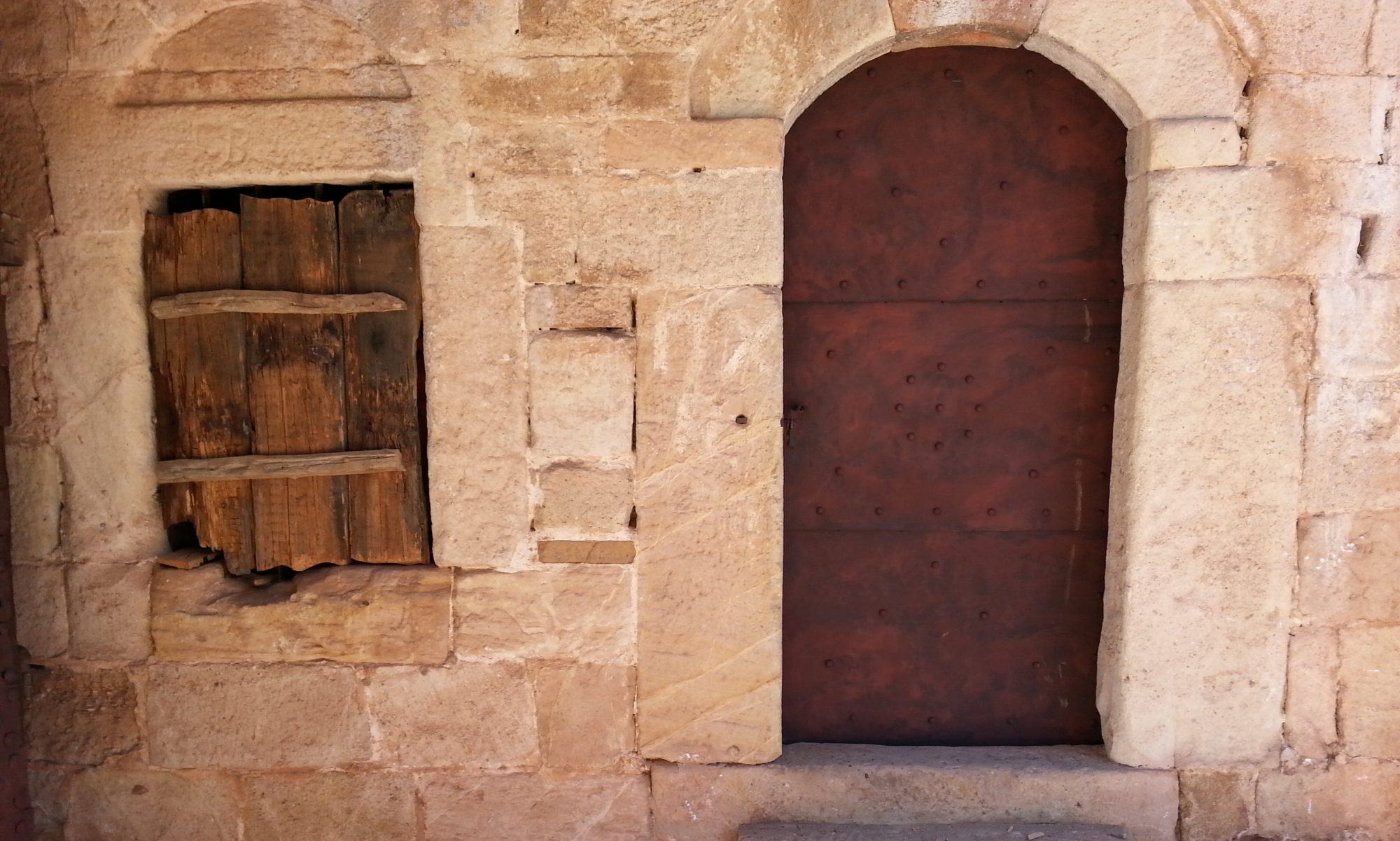Algeria overhauls teaching methods and increases education funding
Algeria, 2017 – Despite strained public finances, the Ministry of National Education (Ministère de l’Education Nationale, MEN) has maintained its commitment to improving the standard of education provided to Algerian citizens. Public schooling is free and obligatory up to the lower secondary level, and additional assistance is provided to impoverished families, all of which has contributed to the country’s high enrolment rates.
Tertiary education is developing rapidly, following the government opening up markets to private sector participation. Indeed, private players have been important partners for the Ministry of Training and Professional Teaching (Ministère de la Formation et de l’Enseignement Professionel, MFEP), helping to modernise training programmes that cover highly sought-after professions in the labour market.
Structure
The public school system is split into three levels: primary, which lasts for five years; followed by four years of lower secondary; and three optional years of upper secondary. Basic education, defined as primary and lower secondary school, is mandatory for all Algerians.
Education Quality
Major reforms to public education were implemented in 2003: new teaching methods were introduced, curriculum was restructured and the teaching language was switched from French to Modern Standard Arabic. Despite these efforts, the 2015 UN special rapporteur on education concluded that the quality of education in Algeria remains low, citing inadequate teacher training and overcrowding of schools as the main factors hampering education.
Language
The country has a multilingual history, and the official language has been Arabic since its independence, though the government added Tamazight – a native language for Berber populations – as an official language in 2015. Public schooling for the most part is taught in Modern Standard Arabic, even though most children do not speak it at home.
Once the standard language in education, French continues to be taught in schools and is a subject in the primary school completion exams. Additionally, French is used for the majority of university subjects outside of law, politics and religion, and it continues to be the language of the business community and elites in Algeria. This poses problems for the new generation of students who have completed their basic education in Arabic.
English
The government is working to improve the quality of English language teaching, in large part through the implementation of a “Marshall Plan for English”, which focuses on working more deeply with foreign actors. “English is new for Algeria, it really is a big change.
Teaching Methods
To achieve the ministry’s goal of providing a higher standard of teaching that is inclusive for all students, consultations were held with teachers from across a diverse range of wilayas in 2016. These consultations, which sought to evaluate teaching methods and identify areas of concern, found that many teachers called for significant grading system reforms. As such, a new system based on international criteria was created and will be adopted in the 2017/18 school year, with pedagogical methods in public education taking on a more analytical approach to learning. Benghabrit-Remaoun has called on teachers to move beyond recitation of course material and instead encourage students to practise their own critical thinking skills.
Holistic Approach
There has also been recognition of the importance of extracurricular and cultural activities in public schooling, with civic education and environmental subjects in particular gaining momentum.
Teacher Training
Over 36,000 new teachers have been recruited to start in the 2017/2018 school year, coming on top of a year of mass hiring; 93,000 new teachers were hired in 2016. While 99% of teachers at public schools have at least a secondary school degree, many new teachers lack the practical skills and hands-on experience necessary to succeed in the classroom. In September 2017 Mohamed Mebarki, the minister of vocational education and training, announced two new teaching diplomas that will involve a greater degree of work experience than what has previously been offered in traditional courses. These new diplomas will place a greater focus on social skills, equipping teachers with pedagogical methods and classroom management tools. Training workshops have also been held ahead of the implementation of the new national school manuals, an important part of the government’s ongoing efforts to keep school courses and teaching methods up to date.
University
There are 50 universities in Algeria, with a collective 1.7m students. To cope with increasing enrolment rates – which rose by 10 percentage points in 2017 – the Ministry of Higher Education has invested in multiple projects to expand the capacity of the tertiary system, with 4000 new spots expected to open at universities in the 2017/18 academic year.
Vocational Training
The vocational training segment has seen impressive growth, with the establishment of new public and private training centres.
Apprenticeships
The MFEP has placed a strong emphasis on apprenticeships in response to a rise in demand from Algeria’s youth. In February 2017 it was reported that 58.6% of students registered for vocational training had requested apprenticeships.
Soft Skills
New courses, particularly those offered by the private sector, are placing greater emphasis on soft skills in response to market needs. “The most common type of training that is demanded by businesses is for managerial competencies. This can be management of a logistics chain or management of people.
Outlook
The government’s push to raise the quality of education in its current action plan will be crucial to addressing ongoing concerns, though the issues surrounding languages in the classroom look set to continue. In terms of university education, efforts to revise regulations should further open the door to private sector players. Meanwhile, the professional training sector is likely to remain dynamic. Although the labour market is lacking in managerial and other soft skills, this leaves a gap to be filled, in turn presenting new opportunities, while financial incentives for businesses investing in the training of staff will ensure a steady level of demand.
Source: The Report: Algeria 2017 – https://oxfordbusinessgroup.com/overview/knuckling-down-overhaul-teaching-methods-and-increased-funding-raise-standard-learning-all-schooling
